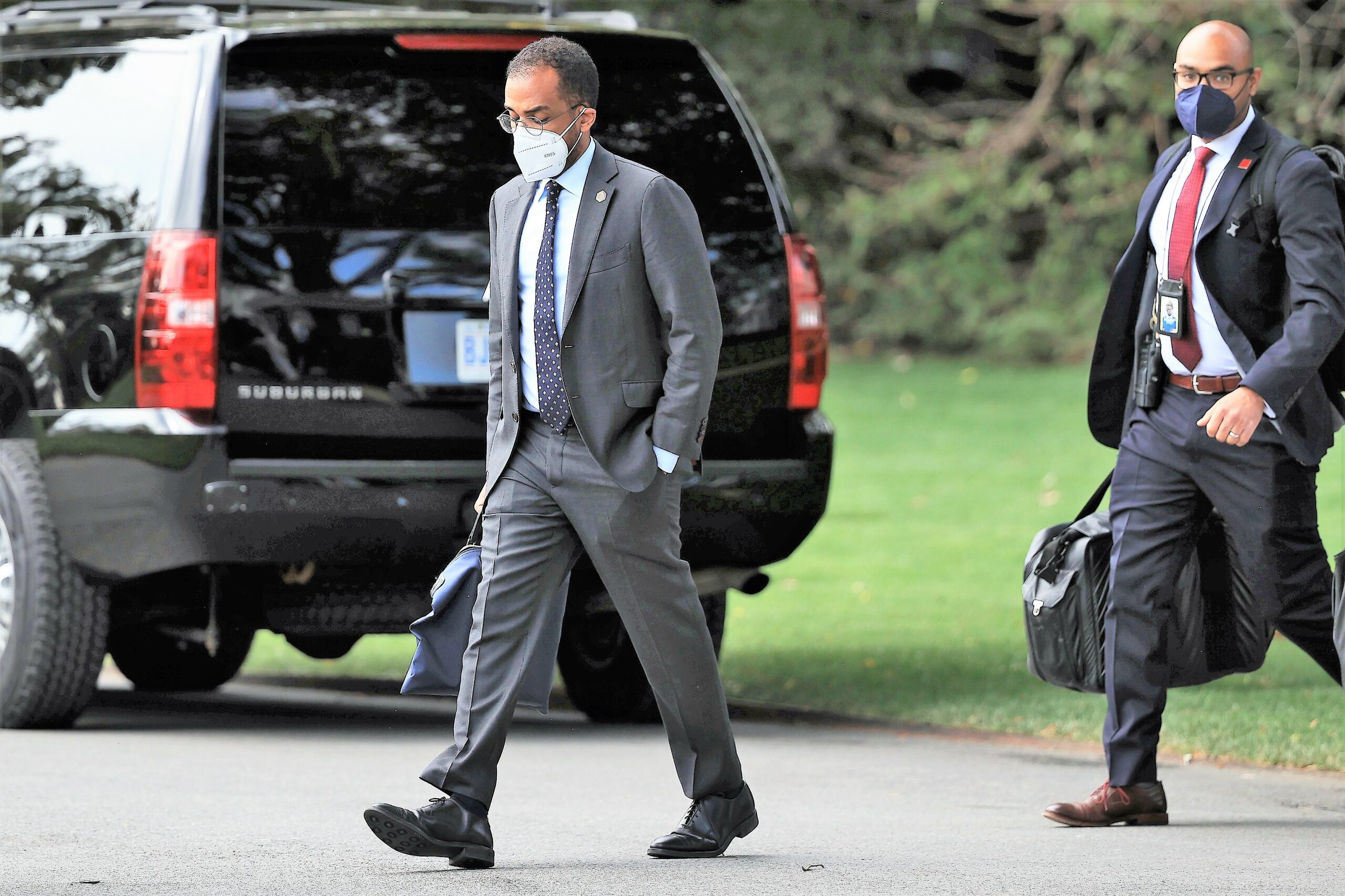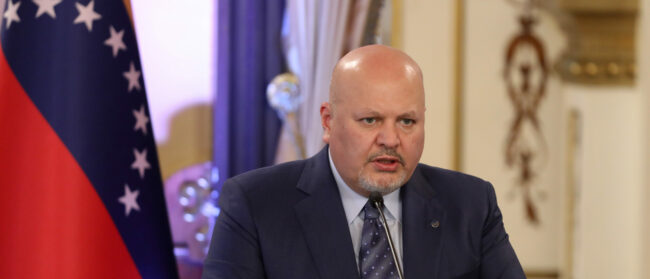Southeast Asia is on track to receive a new diplomat who not only will speak on behalf of the American president, but has an intimate understanding of Joe Biden’s thinking.
Biden revealed his intention in May to nominate Yohannes Abraham to be the next U.S. ambassador to the Association of Southeast Asian Nations (ASEAN).
Abraham “knows so much about me, I’m a little worried,” Biden joked while making the announcement during the U.S. summit with ASEAN leaders in Washington, D.C.
Abraham would be the first American ambassador in five years. The current senior diplomat at the U.S. Mission to ASEAN in Jakarta is Kate Rebholz, who holds the interim post of chargé d’affaires, which is functionally similar but with less stature than an ambassador.
The decision comes as the Biden administration seeks to renew and strengthen ties to the ASEAN organisation and its individual member states. The decision to nominate Abraham, the current National Security Council (NSC) chief of staff, signals the president is serious about building a better relationship with ASEAN members, regional analysts and former U.S. diplomats said.
“The ambassador serves to show that the administration recognises [ASEAN’s] importance,” said David Carden, U.S. ambassador to ASEAN from 2011 to 2013.
As opposed to bilateral ambassadors focused on a single country, the ASEAN ambassador is in a unique position to identify regional issues and promote multilateral dialogues and solutions, Carden said.
Whether his administration can deliver on Biden’s promise of “a new era in U.S.-ASEAN relations” will be revealed in the coming months and the ambassador will play a significant role in carrying out nascent policies. The narrative and messaging the ambassador conveys about the U.S.-ASEAN agenda will set the tone, analysts said.
“While he has the ear of the president and people at the highest levels in Washington, he’s not a policy maker himself,” said Elina Noor, deputy director of the Asia Society Political Institute in Washington. “He’s a policy executor. And so what will be key for him is how he communicates that policy to the region.”
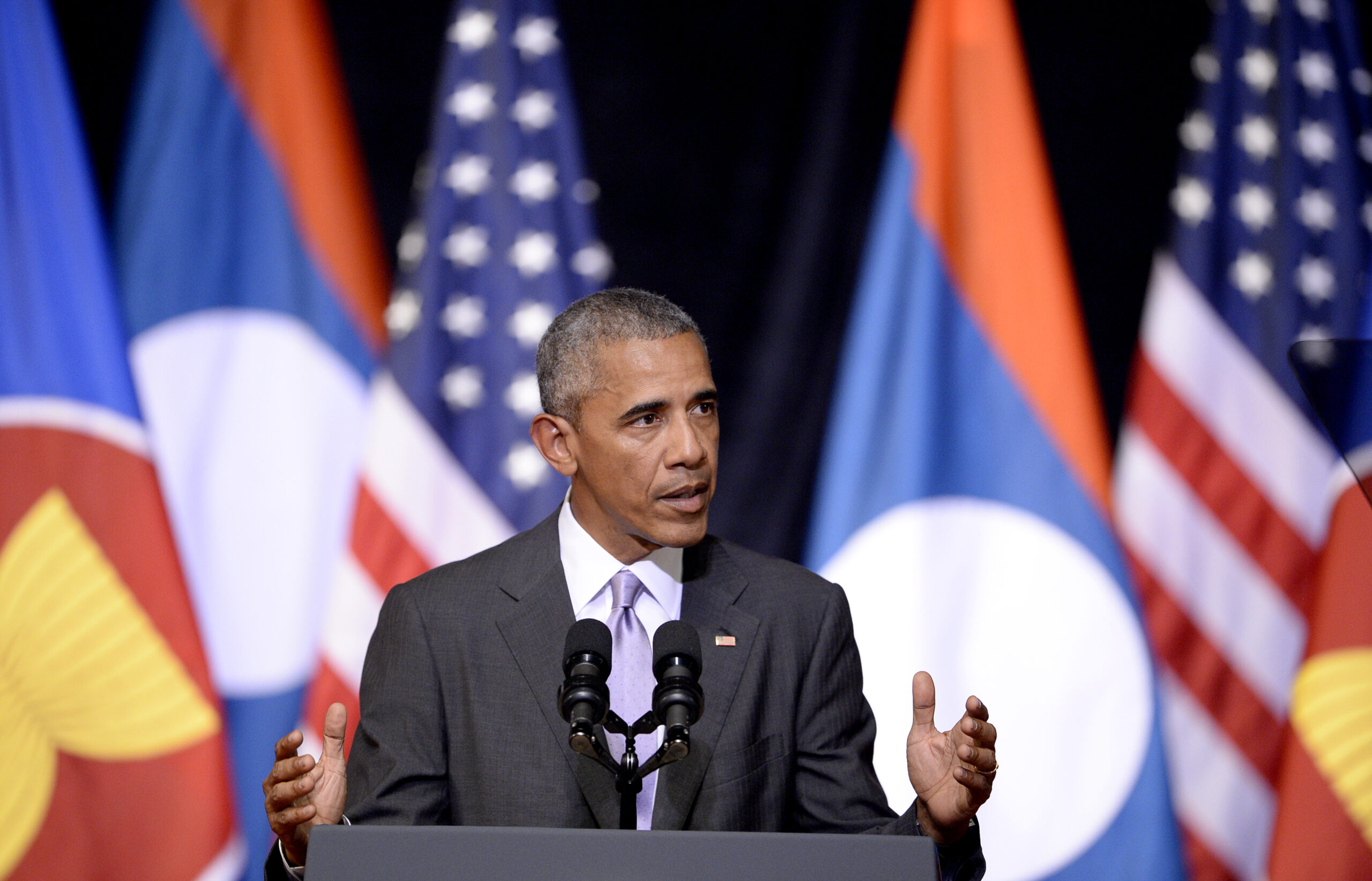
An Ethiopian-American, Abraham began his political career working for Barack Obama’s first presidential campaign before becoming a top aide to Valerie Jarrett, a senior advisor in public engagement and intergovernmental affairs in the Obama administration. Abraham held a variety of public policy and economic roles under Obama and Biden, including managing the logistics of Biden’s transition into office.
While Abraham appears to lack specific Southeast Asia expertise, “the more important piece is how proximate he is to U.S. policy making,” Noor said.
For Abraham to successfully implement tangible policies and reignite a long-term relationship on behalf of the Biden administration, he must work within ASEAN’s framework and restrictions.
Created in 1967, ASEAN comprises all Southeast Asian countries except Timor-Leste, with the goal of fostering regional economic growth and stability.
The U.S. has at times been proactive in engaging the 10-nation bloc, becoming the first country outside the region to appoint an ASEAN ambassador in 2008. Obama announced a “pivot to Asia” in 2011 but the momentum did not carry into the administration of his successor, Donald Trump, who withdrew from Obama’s Trans-Pacific Partnership trade agreement.
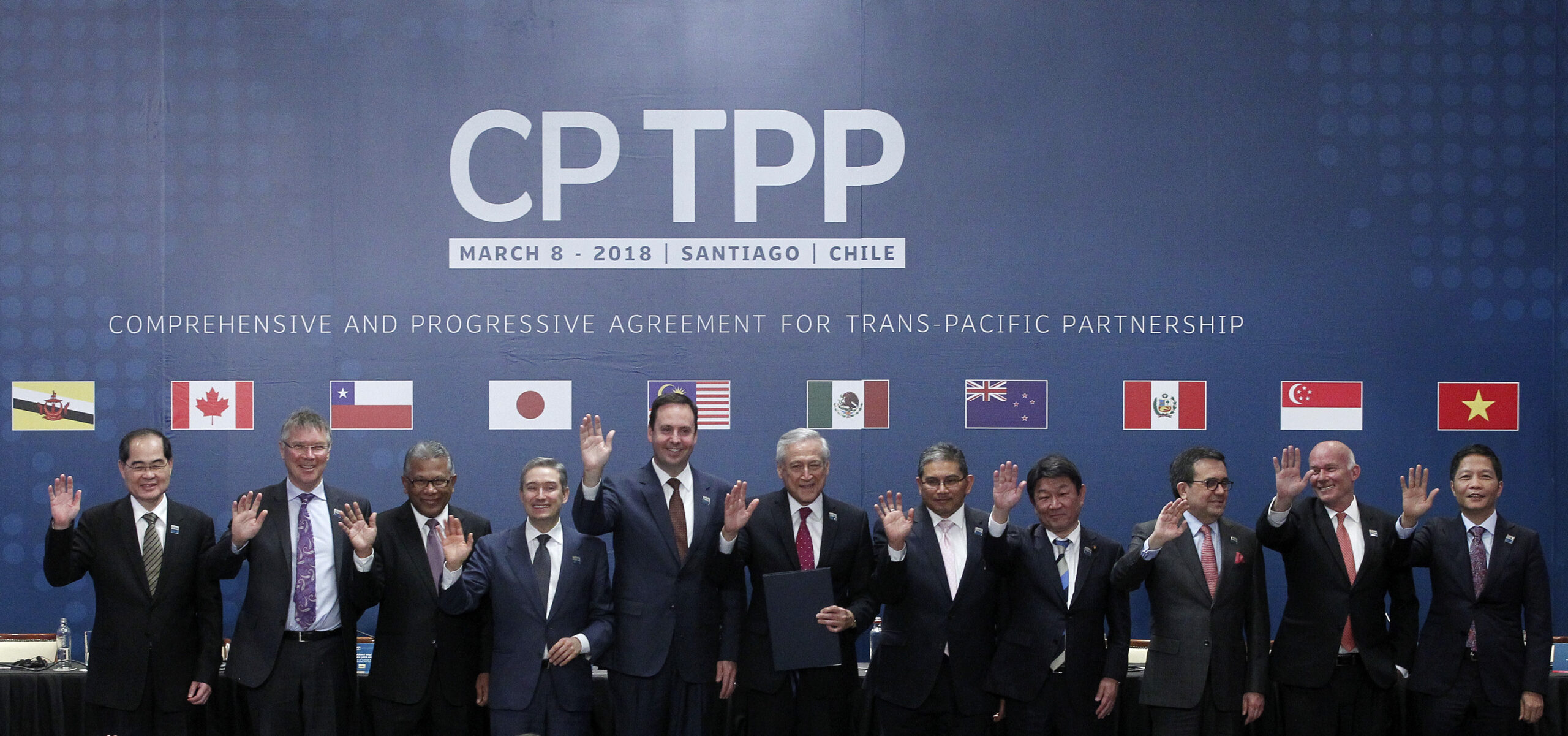
“The organisation ASEAN has been regarded by the United States as something of an afterthought for most of the past 30 years,” said Shaun Narine, an ASEAN expert at St. Thomas University in Fredericton, Canada.
Often criticised for its lack of political clout, ASEAN has still successfully helped maintain stability and peaceful relations across the region, diplomats and analysts acknowledged.
ASEAN has been less successful at dealing with geopolitical and human rights crises such as the ongoing conflict in Myanmar. ASEAN’s “Five-Point Consensus” plan to end violence, conduct dialogue and provide humanitarian aid to Myanmar has not been fully implemented and faced criticism from human rights groups.
“Part of the strength of ASEAN is also its weakness, that it carries all its members together, at almost the same time on almost all issues,” Noor said. “And so this can be incredibly frustrating in the political security arena.”
The increasing influence and threat of China looms in the background of the current flurry of U.S. engagement with ASEAN and the Asia-Pacific region.
While Biden generally has taken a more conciliatory, less explicitly antagonistic approach to China than his predecessor, choosing the NSC head as an ambassador in Asia may be an “ominous” sign, Narine noted. He contended the U.S. has long viewed Southeast Asia primarily through a security lens focused on China at the cost of healthy regional partnerships.
“What Southeast Asia really wants to do is be able to engage with China and to engage with the U.S., not have to choose between either one of them,” Narine said. “I think the Americans are creating a situation that will eventually lead to people having to make choices.”
Framing regional engagement as a zero-sum contest with China, in which ASEAN countries must pick sides, distracts from pressing and often borderless issues such as climate change, said Carden, the former ASEAN ambassador.
“In my view, there are no sides,” Carden said. “There is no side with regard to food shocks and water shortages, there is no side with regard to human trafficking.”
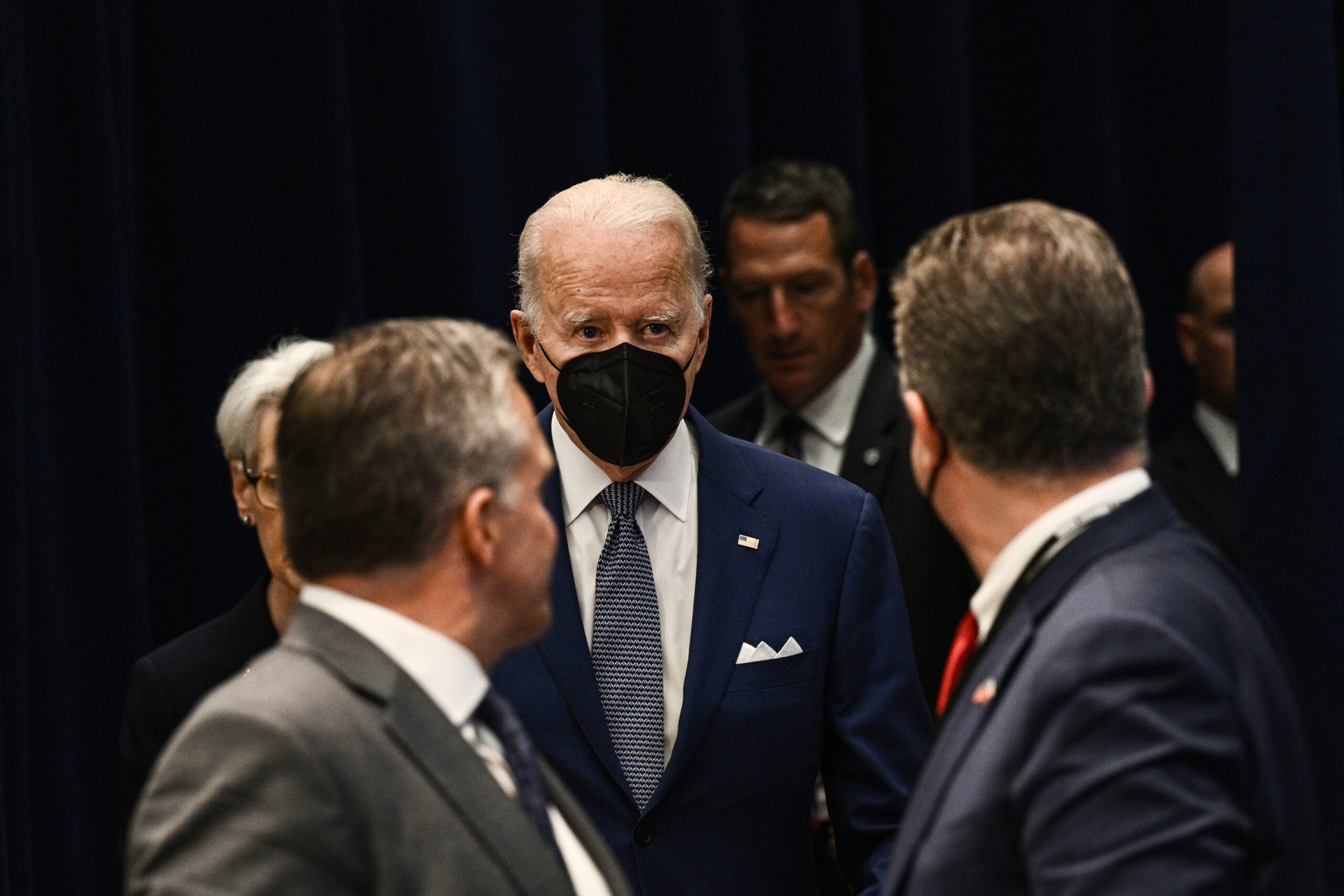
At the ASEAN summit, Biden highlighted his willingness to work in the region without an undo focus on China, said Suriyan Vichitlekarn, executive director of the Mekong Institute, a Thailand-based, intergovernmental development organisation.
The next step is to implement Biden’s aspirational account of a truly ASEAN-oriented agenda, Vichitlekarn said.
The Biden administration may be in a rush to push its agenda before the second U.S.-ASEAN summit scheduled for Cambodia in November, but regional engagement will need to be reliable over the long-term to yield results, Vichitlekarn said.
“To be able to really maintain a more consistent approach in building the true partnership, to me, is important,” he said. “Otherwise, it will be seen as if the relationship is used as a geopolitical tool. And therefore the spirit of true relationship is not there.”
ASEAN has long pushed for regional ‘centrality’ to solve its problems, develop initiatives and rally member states together, but members also have hesitated from granting the organisation inordinate resources and authority, analysts said.
Acknowledging ASEAN centrality in American foreign policy still requires appreciating the inevitability and attractiveness that working with China holds for the bloc’s members, said Scot Marciel, a former U.S. ambassador to ASEAN and Indonesia.
“China’s going to be there,” Marciel said. “And these countries all want to, and frankly need to, have good relations with China. So it’s not a matter of beating China in this competition.”
U.S. government investment in the region has at times appeared paltry in comparison to China. The Biden administration’s May announcement to provide ASEAN with $150 million in aid stood in contrast to China’s November pledge to provide $1.5 billion in development assistance.
Yet placing too much weight on the limited U.S. investment coming out of the ASEAN summit belies America’s already massive economic footprint in the region, said Susannah Patton, a fellow at the Lowy Institute in Sydney.
American funds are largely channelled to ASEAN as aid to individual countries or private sector financing, with U.S. foreign direct investment in ASEAN company stocks reaching $328.5 billion in 2020. ASEAN nations collectively are America’s fourth-largest goods trading partner with $362.2 billion in goods and services in 2020, about two-thirds of which derived from imported ASEAN products.
“The U.S. historically has been overwhelmingly the largest investor in Southeast Asia,” Patton said. “But the gap between the U.S. and China’s investment in Southeast Asia is closing.”
China has become the top trade partner for almost every Southeast Asian country and China’s regional investments are rising steadily, according to the Lowy Institute’s 2021 Asia Power Index.
The exact details of the Biden administration’s Indo-Pacific Economic Framework for Prosperity (IPEF), which was launched in May by the U.S. and 13 partner nations, are still being negotiated. But the U.S. cannot really compete with China’s regional infrastructure investments, Patton noted, adding that America could benefit from focusing on expansion of human capacity through programmes such as the Young Southeast Asian Leaders Initiative.
Should Abraham be confirmed by the U.S. Senate, the challenges awaiting him include defining and enacting the IPEF and other plans before Biden’s potential November visit to Cambodia. Yet volatility, uncertainty and short-term focus marked by election cycles can limit the impact of diplomats trying to build multilateral relationships and solve regional problems, Carden said.
While Abraham is expected to assume the ambassadorship, no political appointment is certain and other diplomatic nominations have been stymied seemingly out of spite, Asia Society’s Noor said.
“Let’s not be too invested in having an ambassador in the flesh until he’s actually confirmed and is out in the region,” she said.
